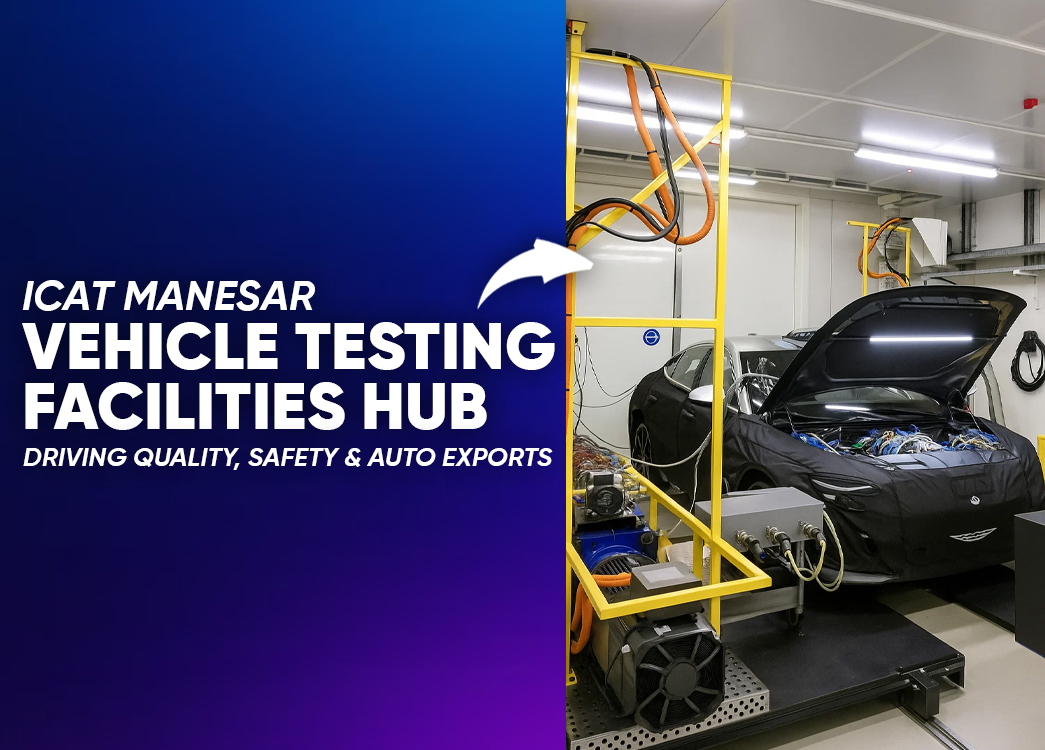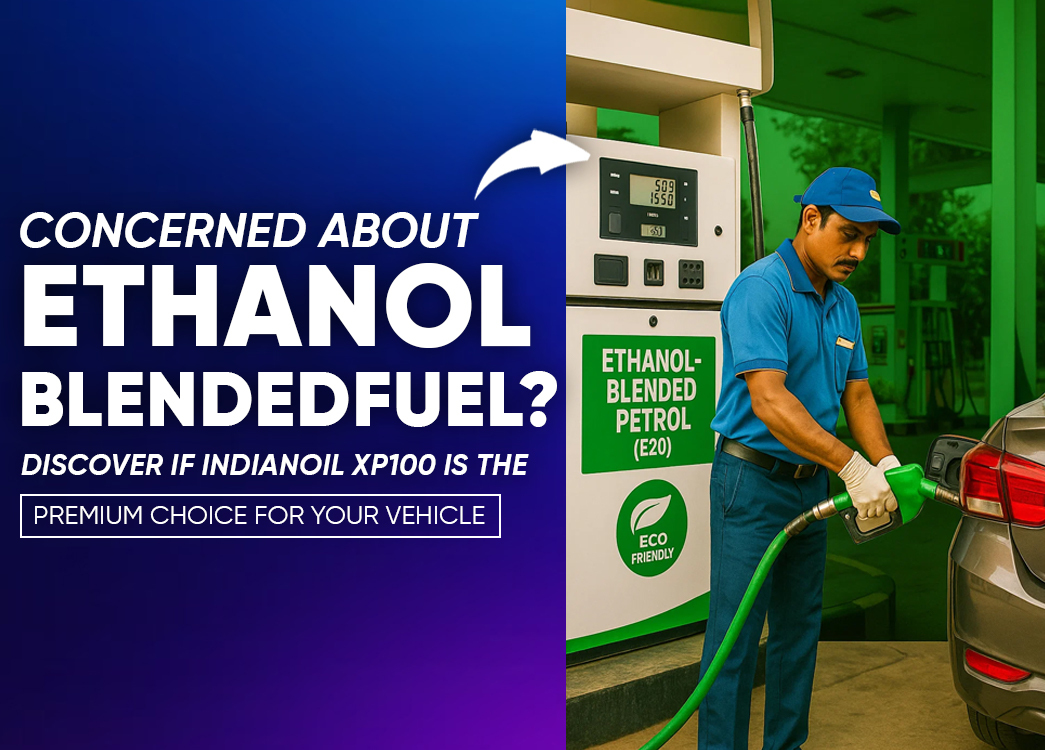
By creckk On 13-09-2025 at 5:31 am
Vehicle Testing Facilities in India: How ICAT Can Boost Automobile Exports and Global Safety Standards
The Problem: Barriers in Global Automobile Exports

India’s automobile industry is one of the largest in the world, contributing nearly 6% to the country’s GDP. Yet, a major hurdle remains smooth vehicle exports. Many destination countries lack established vehicle certification systems, making it difficult for Indian automakers to expand globally. This not only slows exports but also limits India’s role as a global automotive leader.
Why the Issue Needs Attention
Without proper certification support, automakers face:
- Delays in getting export approvals
- High import duties in foreign markets
- Lack of trust in vehicle safety standards abroad
- Missed opportunities to expand in emerging markets
With India already accounting for 11% of global crash-related deaths (despite only having 1% of the world’s vehicles), strong safety and testing standards are essential not only for exports but also for domestic road safety.
The Solution: ICAT and India’s Growing Testing Ecosystem
Saurabh Dalela, Director of ICAT (International Centre for Automotive Technology), highlighted how India’s testing and certification facilities can remove these barriers. ICAT provides comprehensive evaluation and certification services, making Indian vehicles acceptable in over 141 countries. This strengthens India’s role as a global testing and certification hub.
ICAT’s Role in Vehicle Testing and Certification
ICAT operates under the Ministry of Heavy Industries and offers testing for both domestic and international requirements:
- Domestic Certification: Compliance with AIS standards for Indian markets
- International Homologation: Certifications under UNECE regulations
- Global Reach: Testing services already extended to 141 countries
- Duty Waivers: If a destination country lacks certification facilities, India provides certification and import duty is waived
Bharat NCAP: Raising Domestic Safety Standards
Dalela also urged automakers to participate in Bharat NCAP, India’s car safety assessment program. Bharat NCAP conducts crash tests and provides star ratings, helping consumers make informed decisions and pushing manufacturers to meet higher safety standards.
India’s Automobile Industry Growth and Export Trends
India’s automotive sector continues to grow rapidly:
- Exports reached 4.5 million units in FY 2023-24
- Includes 6.72 million passenger vehicles and 3.45 million 2-wheelers
- Major exporters: Maruti Suzuki (~2.8 lakh units annually), Skoda Auto, Volkswagen India (30% of production exported)
- FDI inflows: USD 36 billion in last 4 years
- Recent investments: Hyundai (USD 4 billion), Mercedes-Benz (USD 360 million), Toyota (USD 2.3 billion)
Why ICAT Testing Facilities Strengthen India’s Global Position
With its state-of-the-art infrastructure, ICAT helps Indian automakers:
- Expand smoothly into international markets
- Reduce export costs with duty waivers
- Build consumer trust through safety certification
- Contribute to India’s reputation as a global automotive hub
FAQs:
What is ICAT and why is it important?
ICAT (International Centre for Automotive Technology) is a premier testing and certification agency under India’s Ministry of Heavy Industries. It ensures vehicles meet Indian and international safety standards.
How does ICAT help automobile exports?
If a destination country lacks certification facilities, ICAT provides certification. This often results in waived import duties, making exports faster and more cost-effective.
What is Bharat NCAP?
Bharat NCAP is India’s national car safety assessment program. It crash-tests vehicles and provides star ratings, helping consumers choose safer cars.
How many countries does India provide certification for?
Currently, ICAT provides vehicle testing and certification for over 141 countries, expanding India’s global reach in the automotive sector.
What is the contribution of India’s auto industry to the economy?
The automobile sector contributes about 6% to India’s GDP, with exports crossing 4.5 million units in FY 2023-24 and massive foreign investments from global carmakers.
Which global companies are investing in India’s automotive sector?
Major players include Hyundai (USD 4 billion expansion), Mercedes-Benz (USD 360 million), and Toyota (USD 2.3 billion), reflecting India’s growing importance in global auto manufacturing.
Related posts







